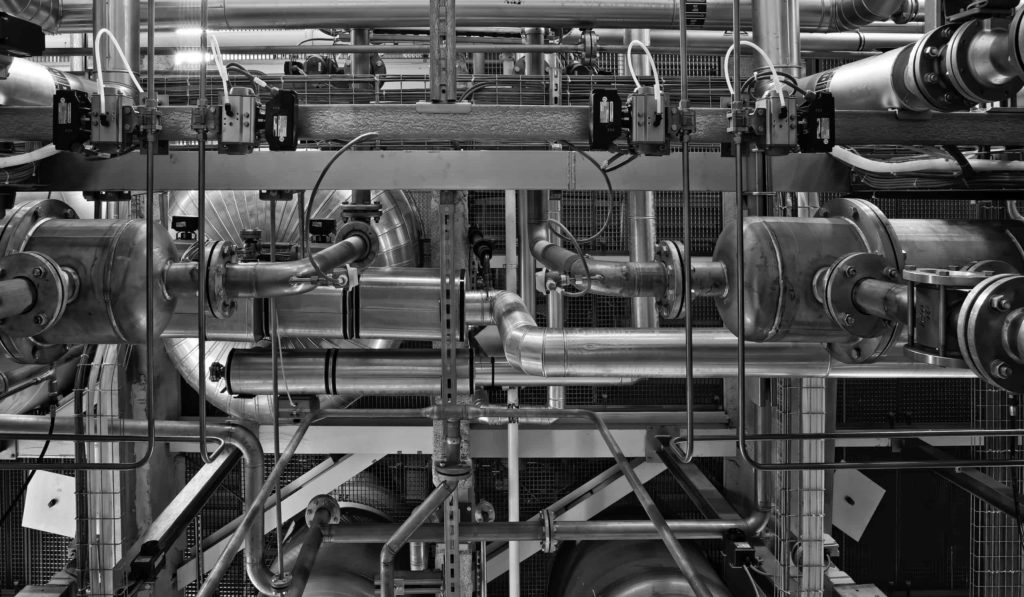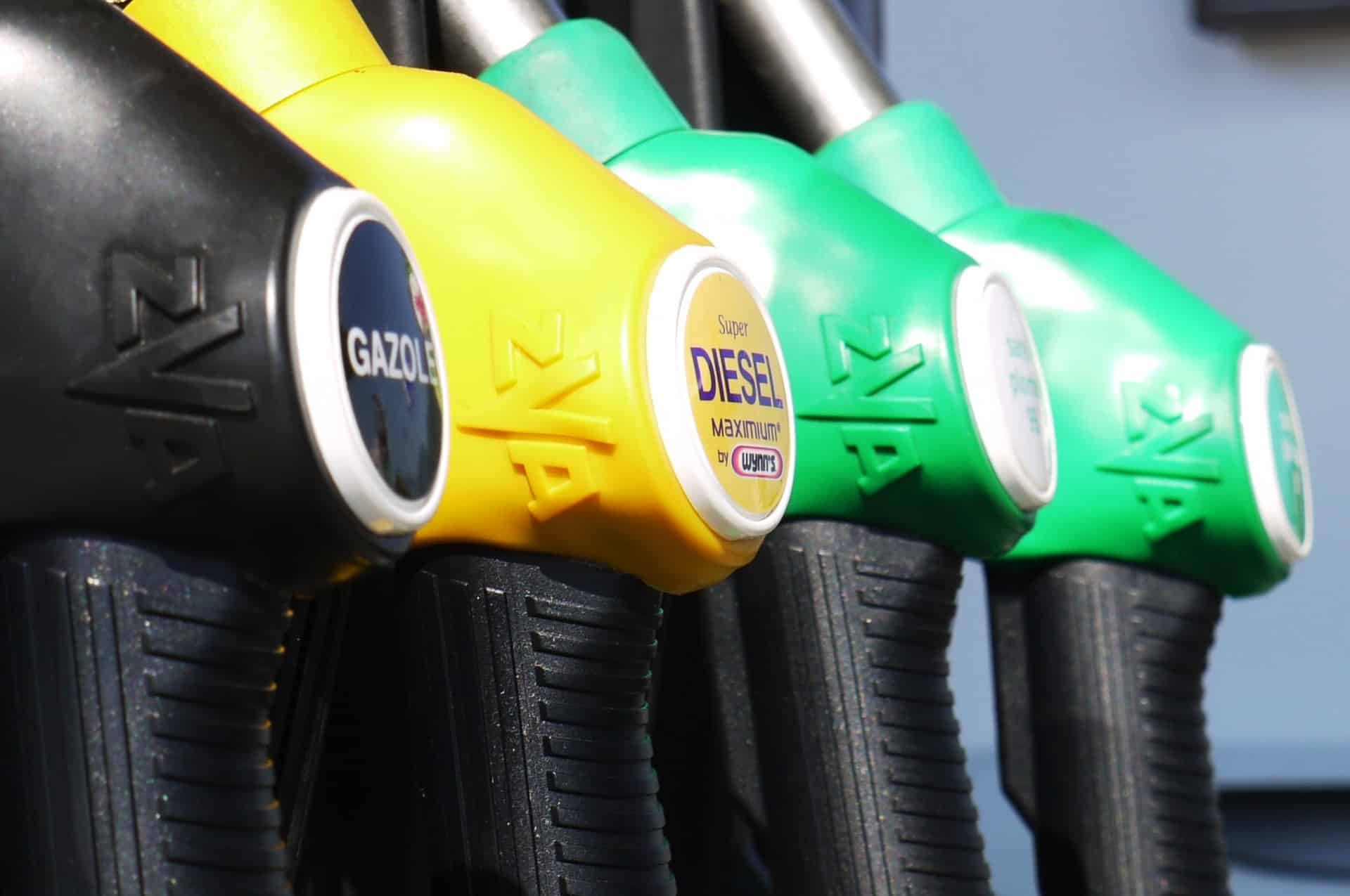Used cooking oil can have a detrimental impact on the environment if not disposed of correctly. For this reason, there are strict UK laws that require restaurants and catering businesses to dispose of their cooking oils through an authorised collector. Once collected, the oil then can be recycled.
Now you might be wondering: what happens to cooking oil once it has been recycled? Once the oil has undergone a thorough process, including having it cleaned and filtered to remove any solid waste, it is then recycled into renewable energy. In the form of biodiesel, the oil is used to power car engines, electricity generators and different equipment.
Read on to find out more about the techniques and equipment used to recycle waste cooking oil and more about its many uses in our everyday lives.
What Can Cooking Oil Be Used For Once Recycled?
The most sustainable and practical way to recycle cooking oil is to turn it into biofuel. Although the process of converting oil into biodiesel is long and complicated, it proves to be an effective way of converting the otherwise harmful to the environment oil into a sustainable alternative to mineral diesel.
Once the oil has been recycled into biofuel, it can be used for:
- Transportation: biodiesel can be used to power different vehicle engines, including cars and vans.
- Cleaning up oil spills: although counterintuitive, biofuel can be used as a cleaning agent in areas where crude oil has caused pollution.
- Power: biodiesel can be used to power machinery and even charge electronics
- Energy: biofuel can play a key role in replacing fossil fuels as it is produced in an environmentally-friendly way.
These are just a few of the ways that recycled cooking oil can be used in our everyday lives while replacing harmful fuels such as mineral diesel.
How Is Cooking Oil Recycled into Fuel?
Advanced machinery and multiple steps are involved in turning waste oil into biofuel and it all starts with ensuring the oil is free of water and food particles. Once the oil reaches our recycling facility, then it goes through the following steps:
- Further cleaning and filtration are performed to ensure the oil reaches a certain standard and meets biofuel refineries. Its quality is then assessed.
- Once the oil is free of food debris and impurities, it is then finely filtered which guarantees it meets the required biofuel refinery specifications.
- That’s not the end of the process. The oil then undergoes further refining and purification in distillation units.
- Finally, through the pipes, the oil goes through transesterification, the process of reacting oil with alcohol in the presence of a catalyst. At this stage, the oil is turned into biofuel.


Why Is It Important to Recycle Used Oil?
Even the process of producing cooking oil is harmful to the environment, considering the huge amounts that are being produced daily to meet the demand for it. Advanced machinery is used to extract oil from the seeds after which the oil is refined and then undergoes a few more steps before it reaches the shop shelves.
And the harm doesn’t end there. If not disposed of correctly, oil can:
- Pollute rivers and open waters. Because of its properties, oil floats on top of those surfaces, which ends up blocking oxygen and sunlight from entering the water. In turn, this leads to the death of plants and fish as they need oxygen and sunlight to live.
- Block drains and sewers if poured down.
- Lead to a bad smell in the surrounding environment.
The answer to avoiding those outcomes? Recycling. Read our blog on How to Dispose of Used Cooking Oil if you’re looking for more ideas.
Doing Our Bit
Here at BioUKFuels, we are dedicated to doing what we can to help the environment by providing a hassle-free oil collection service. We can collect your waste cooking oil from your business premises and not only not charge a pence, but also pay you for your waste oil if it’s more than 100L.
Get in touch today and we can answer any questions that you might have.


